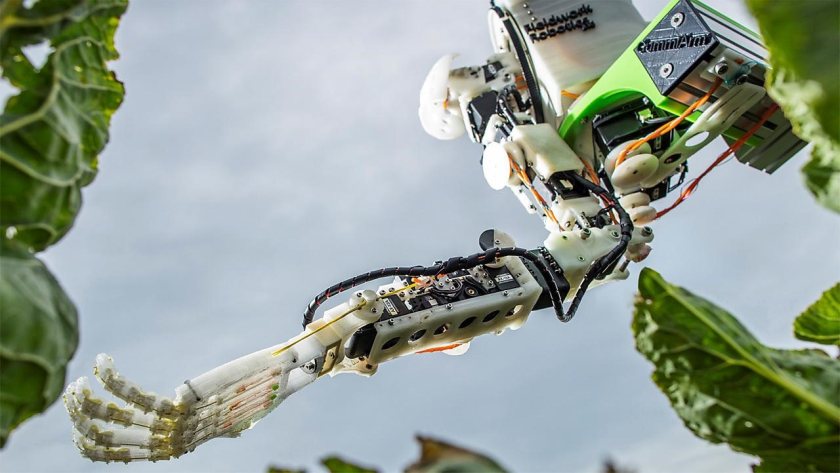New agri-tech pilot scheme launches in Devon
A new half a million-pound agri-tech pilot scheme has launched to help farmers in Devon with future opportunities and new technology.
The DATA (Devon Agri-Tech Accelerator) project, by the Devon County Council, aims to provide support and research for farmers and growers.
According to the council, the scheme intends to develop innovations which can help build a sustainable farming community within Devon.
It will also look to reduce the county's carbon footprint, enhance farm productivity, support the local economy and grow the local agri-tech business sector.
The council will cover areas of work such as 'research & mapping', to help understand how many farms currently use technology and what opportunities may be around the corner.
The scheme seeks to create a group where farmers, horticultural and forestry businesses can connect with agri-tech developers and stakeholders, such as academic institutions, who are undertaking research.
The project will also develop a ‘Farm Innovation Plan’, testing new innovations with farm businesses in West Devon and Torridge.
And a 'knowledge exchange manager' will work with 14 agri-tech businesses across Devon to identify bespoke support, advice or services needed to develop agri-tech and innovation.
Vouchers of up to £15,000 will be available to pay for the support identified, Devon County Council says.
Responding to the project, local councillor Rufus Gilbert said a flourishing farming industry was 'vital' for Devon's rural communities.
"Through research and support, this project is aiming to ensure that agriculture in Devon can benefit from the use of technology, with farming and agri-tech communities working closely together.
“We’re looking for farm businesses, specifically in West Devon and Torridge, to take part in the farm innovation pilot of the project to help gain an insight into enhancing productivity and overall sustainability in those areas.
"And if you are an agri-tech business who would like to gain financial support to further develop your innovation, please get in touch.”
Published in Farming UK 3 February 2022




